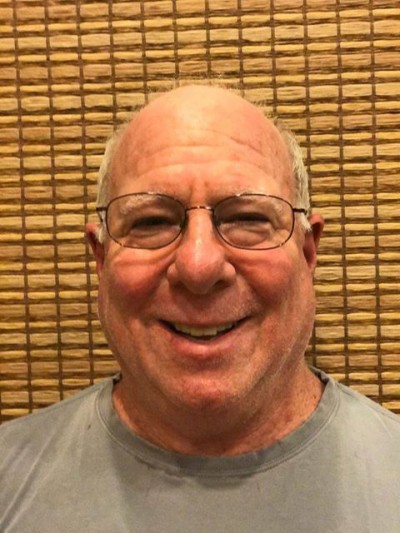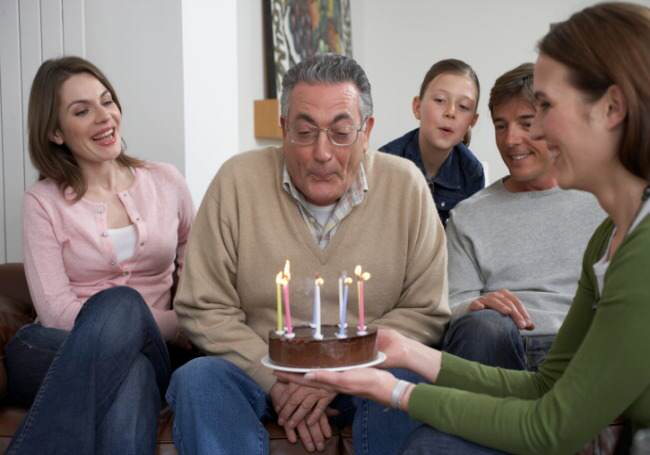It is a poignant time of year and a poignant time of life.
Aging can give us the opportunity to be aware of what we may have previously taken for granted. For me, the recent holiday season highlighted relationships and helped make me more aware of the possibility of connection.
In December, I found myself sitting at the fireplace with my daughter in the glow of the flame and the nearby tree ornaments. The light was soft and shimmery around the edges. In that quiet time, I was reflecting on my recent holiday road trip with my wife and daughter. Driving over six days and through five cities, we visited family and friends, siblings and niblings (I just learned the word “niblings,” a gender-neutral reference to nieces and nephews) and contemporaries. We took meticulous COVID precautions with each new grouping, each step of the way.
Within each group, I felt and appreciated the years I’ve known them, the changes we’ve been through and the dependability, if not the consistency, of our relationship. I was seeing several of them for the first time in years, and physical changes were immediately apparent. Various non-physical changes became evident as well. I soaked up the changes and was just being with our aging, not judging. Observing friends and family, as well as myself, as we are aging makes me smile, often an appreciative, sparkling smile, sometimes a knowing, poignant smile, but a smile, nonetheless. I experience aging as an expected and important part of life. Not always able to completely embrace it, I can at least get past the fear and denial.
During the road trip, I noticed I was usually the oldest person in the room numerically. As I am aging, I haven’t thought of myself very differently, no matter what number of years I’ve been alive. Indeed, our collective idea of what “old” means seems to keep shifting as we keep aging. I was brought up to “respect my elders,” to respect the people in the room who appeared to be the oldest. If my role in the room is indeed changing, I really haven’t done anything to deserve it, except to just keep breathing.
Along with being more tuned in to relationships this holiday season, I found my road trip highlighted stiffness in my body, my difficulty bending over—indeed, my mortality. During a driving break, sitting in the back seat for hours, browsing my cell phone, I came across a picture that I took on January 3, 2020. That was about one month pre-COVID, back when I worked out daily at the local fitness center, back when I traveled around the country a bit. As I snapped that picture, I had no idea how things were about to change.
Every day, we have no idea how things are about to change. We make assumptions based upon the appearance of things and how they used to be. This past holiday season, I wasn’t “acting my age,” I was being with my aging. I glimpsed that my aging is both wholeness and brokenness, both opportunity and loss. It is a poignant and unfolding rebalancing. Those of us in our third third of life have an opportunity to recalibrate, both as individuals and as responsible members of society, and, in so being, to step toward becoming much-needed role models.

Marc Blesoff was a criminal defense attorney for 35 years, then he began facilitating Conscious Aging workshops, which has helped him melt the armor he’d built up as a defense lawyer. He’s a founding member of Courageus (formerly A Tribe Called Aging), a group of activists and thinkers trying to re-frame our culture’s outlook, policies and fears about aging and dying. Currently, he is the chairperson of the Oak Park, IL Aging-In-Place Commission.



